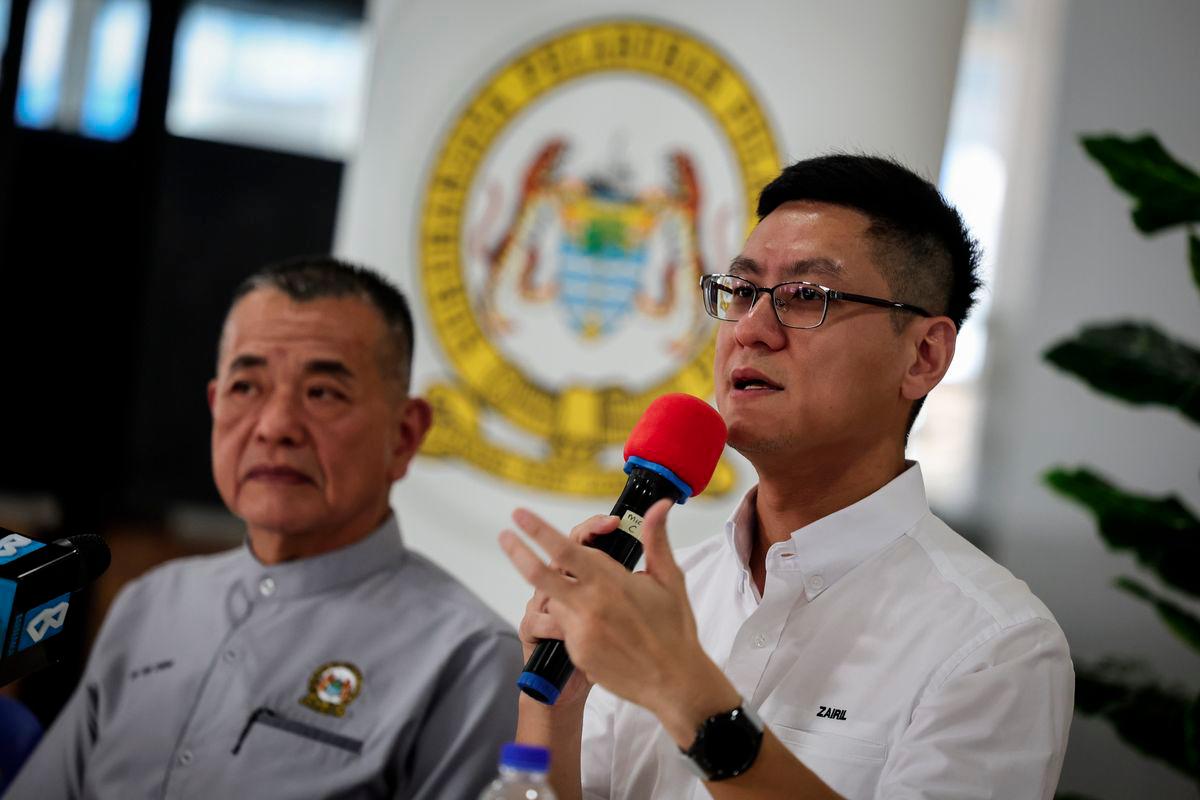GEORGE TOWN: Penang plans to develop floating solar projects in line with the state government’s efforts to achieve a target of 10 per cent renewable energy by 2030.
State Infrastructure, Transport and Digital Committee chairman Zairil Khir Johari said the project is seen as a suitable alternative in efforts to expand the use of renewable energy sources due to land constraints in Penang and the high cost of developing ground-mounted solar farms.
He said presently, his team is considering various strategic locations with potential to implement the project, including dam areas such as the Teluk Bahang Dam and Mengkuang Dam.
“Dams are most suitable for a floating solar project in terms of area and water stability, unlike the sea where there are unique challenges and even the panel installation methods are different.
“However, many matters need to be examined first, considering that the dams are sources of drinking water supply and are under the management of the Penang Water Supply Corporation (PBAPP). So, it requires approval and also more thorough study,“ he told reporters after attending the Malaysian Photovoltaic Sustainable Energy Association (MPSEA) Solar Roadshow 2025 here today.
Zairil also emphasised the importance of the floating solar project in Silicon Island, considering the area is being actively developed and requires renewable energy sources as an alternative energy supply.
Therefore, he said the state government will try to expedite the implementation of the project, especially to support development on the artificial island as the state’s new green technology hub.
“It is really necessary on Silicon Island because the first area to be developed is the technology park. In two years, the factory will start operating, so we need renewable energy, especially solar,“ he said.
Earlier in his speech, Zairil said the state government is committed to promoting energy efficiency through the Penang Energy Framework adopted in 2024, which sets clear targets of 10 per cent renewable energy and 25 per cent energy efficiency improvements by 2030.
“The framework mandates the installation and use of renewable energy systems for all new non-residential buildings and also requires the collection of building energy intensity data for all buildings in Penang,” he also said.
He added that the Penang government will also expand its energy framework to include energy use in other sectors, such as industry and transport. - Bernama









